No products in the cart.
Return To Shop
Log in / Sign in
Login
Register
Desire and Its Discontents: Queer Politics in Contemporary India
Has the queer movement’s politics in India escaped the combined onslaught of neoliberalism, Hindutva and brahminism? What has this triad done to queer politics in the wake of the ‘reading down’ of India’s sodomy law? Has the decriminalization of adult, consensual and private sex, depoliticized the queer movement? Is the queer movement immune to casteist, sexist and religious prejudice? In the aftermath of the failures and triumphs in the historic Naz, Koushal, NALSA and Navtej judgements of the Supreme Court of India, the essays in this volume engage in a counterintuitive interrogation of the prejudiced dimensions of the mainstream queer movement in India. The essays offer insights into the ways in which new forms of queer solidarities, mobilizations and imaginaries are resisting and subverting the movement’s tacit and overt alignments with neoliberalism, Hindutva and brahminism.
______________________________________________________________________________________
‘Too often, queer activists and scholars seeking emancipation through legal rights forget how much context matters, and how much law is committed to maintaining the very hierarchies that state power relies upon. Readers of this volume are unlikely to ever forget again. Contributors expose the exclusionary representations of queer legal subjects produced by recently celebrated judgements in the context of India, tracking myriad linkages to the right-wing, neoliberal, Hindutva agenda of the present government. Readers will emerge better equipped to continue the struggle for liberation wherever they are located.’
—Dianne Otto, Professorial Fellow, Melbourne Law School, The University of Melbourne
‘This uniquely caring anthology edited by Dipika Jain and Oishik Sircar at long last inaugurates an Indian critical queer theory, which is not a replica of the Euromerican approaches. Even as we welcome the decriminalization of gayness, we are asked to rethink beyond legal emancipation towards social emancipation—where there are very few subjects desiring neoliberalism. The struggles for a quest for queer politics constitute a response against the “violence and exclusions” of the triple enslavement constantly generated by forms, and forces of “Hindutva, neoliberalism and brahminism”. The “conditions of postmodernity” that further affect the “spectacles of emancipation” invite contemplation: how is an “embracing of the disruptive potential” of trans and gender non-binary identities, to create a “sustainable, radical politics, while simultaneously asserting the right to access state benefits?”. This book summons new futures beginning with a trans-constitutional renaissance.’
—Upendra Baxi, Emeritus Professor of Law, Universities of Warwick and Delhi
‘Dipika Jain and Oishik Sircar’s much anticipated second volume of essays extends their path-breaking original insights into the intimate entanglements of queer politics and neoliberalism. This volume too is poised to become nothing short of a classic, in bringing together some of the best-known voices on the politics of gender and sexuality. Turning their critical gaze to India, after the abrogation of Section 377, the essays offer refreshingly counter-intuitive analyses of such queer success and freedoms. In the aftermath of the decriminalization of homosexuality, the underlying nexus between Hindu nationalism, neoliberalism, casteism and queer rights has come fully to the fore. The volume provokes new ways to think of homonationalism and homocapitalism from this vantage point. Yet it is much more. From the relationship of queer to gender, caste, feminism and majoritarianism, to the transnational travel of Indian queerness to queering as a method, these remarkable interventions will singularly and together redirect our analytical and methodological impulses as well as reaffirm our political commitments to feminist queer worldmaking.’
—Srila Roy, Professor, Department of Sociology, University of the Witwatersrand
______________________________________________________________________________________
DIPIKA JAIN is Professor of Law, Vice Dean (Research), Vice Dean (Clinical Legal Education), and the Director of the Centre for Justice, Law and Society at Jindal Global Law School (JGLS), India. She served as a visiting faculty member at the Transnational Law Institute at Kings College London from 2017-2020. Her research was cited by the Supreme Court in the landmark decision of Navtej Johar v. Union of India (2018). In 2018, she was designated the first Research Professor at JGLS. In 2020, her research was cited in the legislative debate on abortion laws in the Indian Parliament. She has published in several prestigious journals, law reviews, and compendia internationally, and her work can be found at https://jgls.academia.edu/DipikaJain. She has consulted for the UNDP, Centre for Reproductive Rights (New York), ARROW, and IPAS Development on Reproductive Justice, Digital Health and Family Law. As the Director of CJLS, she has addressed various barriers in access to justice for marginalized persons in India.
OISHIK SIRCAR is Professor of Law at Jindal Global Law School, and an associate member of the Institute for International Law and the Humanities, Melbourne Law School. Oishik is the author of Violent Modernities: Cultural Lives of Law in the New India (Oxford University Press, 2021) and Ways of Remembering: Law, Cinema and Collective Memory in the New India (Cambridge University Press, 2024). With Dipika Jain, Oishik has previously co-edited New Intimacies, Old Desires: Law, Culture and Queer Politics in Neoliberal Times (Zubaan, 2017). With Debolina Dutta, Oishik is the co-director of the award-winning documentary film We Are Foot Soldiers (PSBT, 2010).
ISBN: 978-81-94253-38-9
Categories: Academic, Academic, Books, e-Books, New Releases, New Releases
Tags: academic queer books, dipika jain, feminist books, oishik sircar, queer politics in India| Binding | |
|---|---|
| Page Count | |
| Author | |
| Year of Publication | |
| Rights |
Be the first to review “Desire and Its Discontents: Queer Politics in Contemporary India” Cancel reply
You must be logged in to post a review.
Related products
Feminist Subversion and Complicity: Governmentalities and Gender Knowledge in South Asia
Select format This product has multiple variants. The options may be chosen on the product pageOrganizing Empire: Individualism, Collective Agency, and India
Select format This product has multiple variants. The options may be chosen on the product pageThe History of Doing: An Illustrated Account of Movements for Women’s Rights and Feminism in India, 1800-1990
Select format This product has multiple variants. The options may be chosen on the product pageContesting Nation: Gendered Violence in South Asia: Notes on the Postcolonial Present
Select format This product has multiple variants. The options may be chosen on the product pageThe Search for Justice: The Sri Lanka Papers
Select format This product has multiple variants. The options may be chosen on the product pageWaves in the Hinterland: The Journey of a Newspaper
Select format This product has multiple variants. The options may be chosen on the product pageTransgressing Boundaries: The Songs of Shenkottai Avudai Akkal
Select format This product has multiple variants. The options may be chosen on the product pageWriting Caste/Writing Gender: Narrating Dalit Women’s Testimonios (Zubaan Classics)
Select format This product has multiple variants. The options may be chosen on the product pageContact Us
© Zubaan 2019. Site Design by Avinash Kuduvalli.
Payments on this site are handled by CCAvenue.


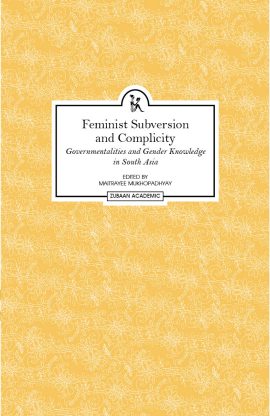
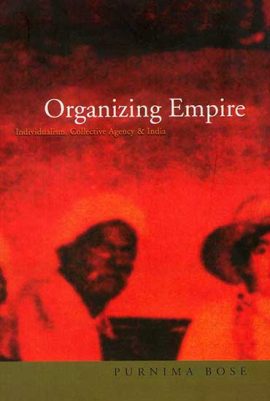
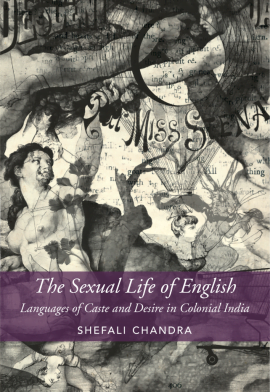
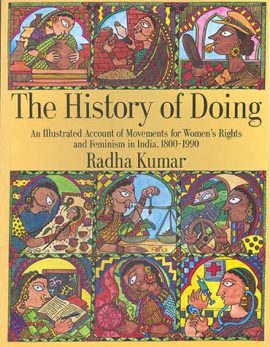
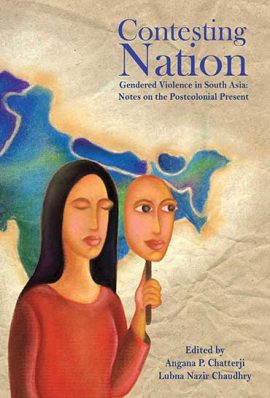
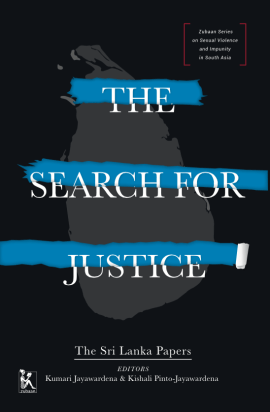
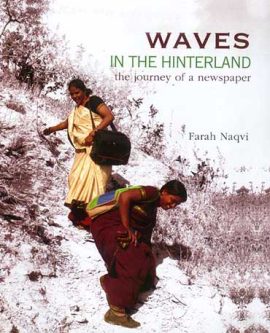
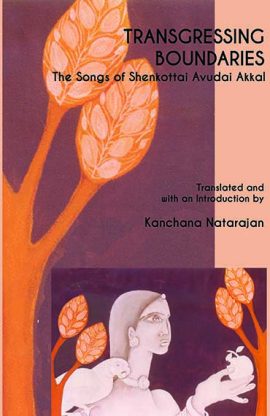
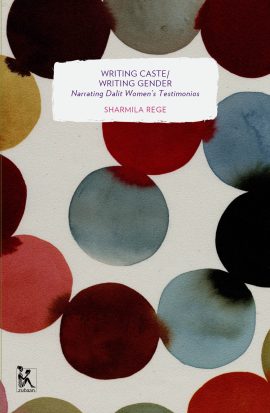
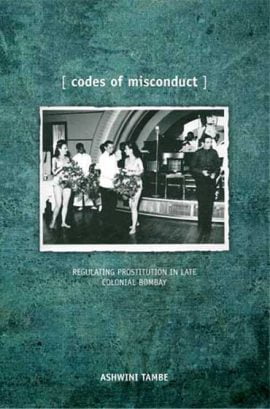
Reviews
There are no reviews yet.